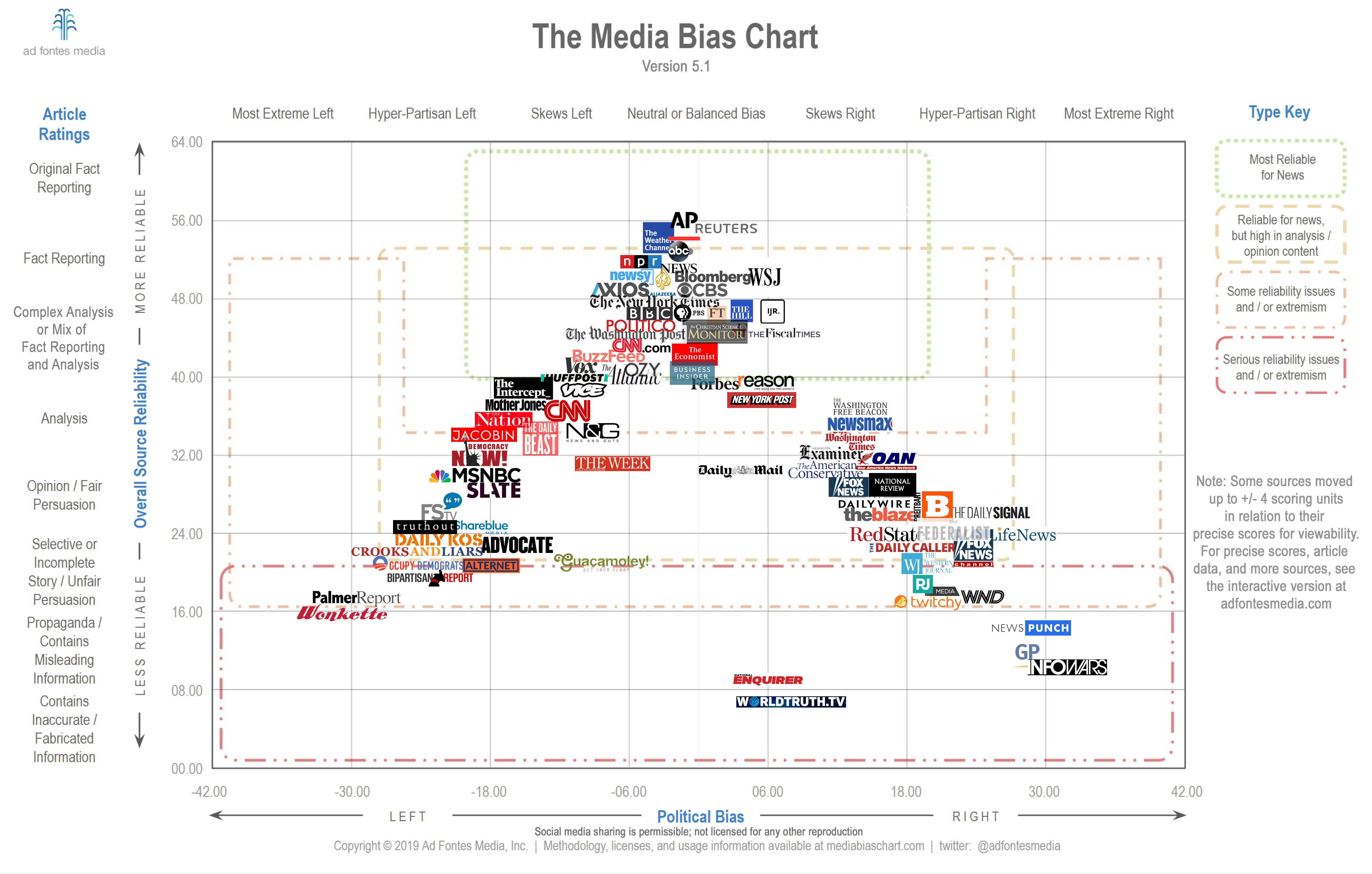SIFT: Four Steps When Evaluating a Source

These four steps will help you figure out the context of the source, and help you determine if it is useful for your project.
1. Stop:
- Do you know the website or source of the information, and what the reputation of both the claim and the website is? Don’t read it or share media until you know what it is.
2. Investigate the Source:
-
Authority - Who is the author? What is their point of view? What’s their agenda? What’s their record of fairness or accuracy?
-
Who has authority? There are lots of different kinds of authority, like subject expertise (e.g., scholarship), societal position (e.g., public office or title), or special experience (e.g., participating in a historic event).
-
Think about: If you’re reading a piece on economics by a Nobel prize-winning economist, you should know that before you read it. Conversely, if you’re watching a video on the many benefits of milk consumption that was put out by the dairy industry, you want to know that as well. This doesn’t mean the Nobel economist will always be right and that the dairy industry can’t be trusted. But knowing the expertise and agenda of the source is crucial to your interpretation of what they say.
-
-
Purpose - Why was the source created? Who is the intended audience?
-
Publication & Format - Where was it published? In what medium?
-
Relevance - How is it relevant to your research? What is its scope?
-
Date of Publication - When was it written? Has it been updated?
-
Documentation - Did they cite their sources? Who did they cite?
3. Find Trusted Coverage:
-
A key piece of context about a claim is whether it is broadly accepted or rejected or something in-between. Scan for other coverage to see what the expert consensus is on a claim, learn the history around it, and learn about other or better sources.
-
Do you have to agree with the consensus once you find it? Absolutely not! But understanding the context and history of a claim will help you better evaluate it and form a starting point for future investigation.
4. Trace claims, quotes, and media back to the original context:
-
Much of what we find on the internet has been stripped of context. Maybe there’s a picture that seems real but the caption could be misleading. Maybe a claim is made about a new medical treatment based on a research finding — but you’re not certain if the cited research paper really said that.
-
In these cases you can trace the claim, quote, or media back to the source, so you can see it in it’s original context and get a sense if the version you saw was accurately presented.
Adapted from SIFT (The Four Moves) by Mike Caulfield and Evaluating Resources by UC Berkeley Library. For more in-depth information and questions to consider, visit these links!
More Questions To Ask about Authority
One of the major criteria for evaluating a source is to consider Authority:
Authority means: Who is the author and publisher of this source, and what is their point of view?
There are lots of different kinds of authority, like subject expertise (e.g., scholarship), societal position (e.g., public office or title), or special experience (e.g., participating in a historic event).
When you look at a potential source, ask yourself some questions:
- Who is the author?
- What else has the author written?
- In which communities and contexts does the author have expertise?
- Does the author represent a particular set of world views?
- Do they represent specific gender, sexual, racial, political, social and/or cultural orientations?
- Do they privilege some sources of authority over others?
- Do they have a formal role in a particular institution (e.g. a professor at Oxford)?

